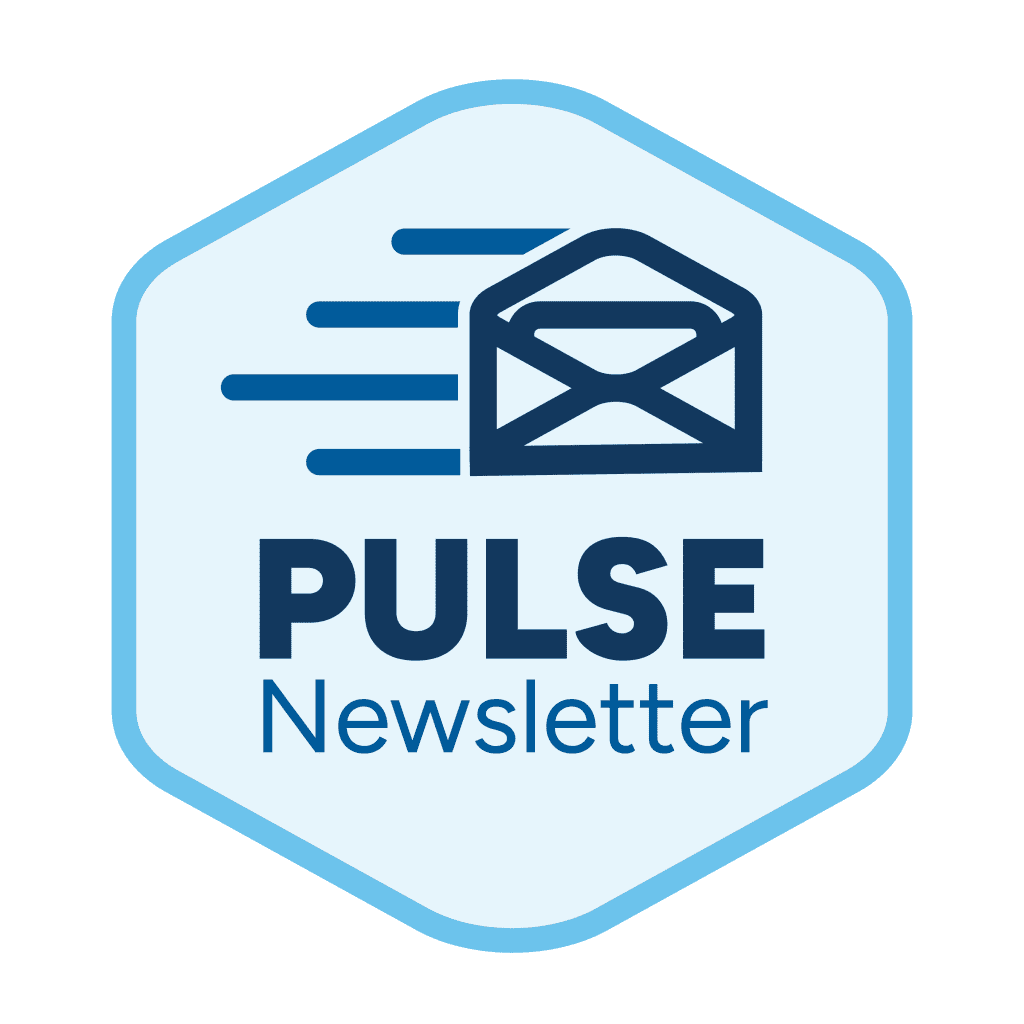
Low-code is transforming how enterprises build and automate but without governance, even the best tools can create more problems than they solve.
As Microsoft Power Platform becomes a core part of enterprise Dynamics environments, many organizations are learning that scale requires structure. Governance provides that structure. It gives leaders control, protects data, and empowers employees to innovate with confidence.
Enterprise-grade low-code governance has matured quickly. Tools like Managed Environments, Data Loss Prevention (DLP) policies, environment routing, and the Center of Excellence (CoE) Starter Kit are now helping organizations balance speed with security.
Here are five ways strong governance is helping enterprises unlock the full potential of Power Platform.
1. Creating visibility across every environment
As Power Platform adoption grows, so does the number of apps, flows, and connectors. Without visibility, it becomes difficult to know who is building what or where sensitive data is going.
Managed Environments solve that problem by offering a unified view of activity across the organization. Leaders can track app creation, usage, and performance from a single dashboard, helping identify redundant solutions and potential risks before they become major issues.
Visibility turns Power Platform growth into a managed process instead of a spontaneous one.
2. Reducing risk through clear data policies
Low-code development thrives on connectivity, but not every connection should be allowed. Without clear rules, data can move in ways that violate compliance standards or create security gaps.
Data Loss Prevention (DLP) policies give organizations precise control over how data flows between services. By defining which connectors can be used together, IT teams can prevent accidental data exposure while still allowing users to innovate.
Strong DLP governance ensures Power Platform remains an asset, not a liability.
3. Streamlining deployment with environment routing
One of the biggest challenges in scaling low-code development is maintaining consistency. Teams may create apps in personal environments or with incomplete policies in place, leading to fragmentation and maintenance headaches.
Environment routing automatically directs new apps to approved environments with the correct permissions and governance settings already applied. This keeps everything organized, secure, and compliant without slowing down development.
For enterprises running Dynamics 365, this consistency is critical for maintaining reliable integrations with Finance, Operations, and CRM systems.
4. Building maturity through a Center of Excellence
Many enterprises start their low-code journey with enthusiasm but lack a long-term plan for governance and growth. The CoE Starter Kit changes that by providing templates, dashboards, and processes for ongoing management.
It helps organizations:
- Identify and track active apps and makers.
- Promote reuse and standardization across teams.
- Establish clear approval workflows and lifecycle policies.
- Measure adoption and ROI.
Over time, this framework evolves into a Center of Excellence that drives consistent, scalable innovation rather than isolated experimentation.
Nigel Frank helps enterprises hire Power Platform administrators, CoE leads, and data governance experts who can set up and sustain these programs at scale.
5. Enabling responsible, organization-wide innovation
The goal of governance is not to slow down innovation, it’s to enable it safely. When employees know the rules and have access to secure, well-managed environments, they can build confidently.
Strong governance also creates trust between IT and business teams. Citizen developers can innovate freely within the right boundaries, while IT retains control over compliance and security.
This partnership transforms Power Platform from a productivity tool into a strategic growth engine for the organization.
Building the right team for scalable success
As governance becomes central to enterprise low-code strategy, new roles are emerging. Organizations are now hiring professionals who combine technical expertise with strategic thinking, including:
- Power Platform administrators and architects.
- Data and compliance specialists.
- CoE program managers.
- Fusion team leaders who connect IT and business units.
These specialists help enterprises achieve the perfect balance of creativity and control, ensuring every app built contributes to long-term business value.




